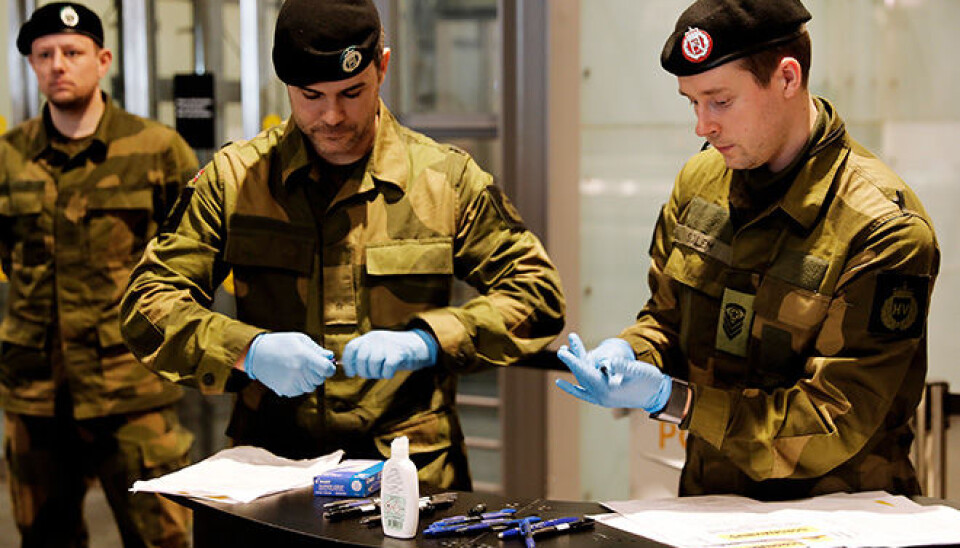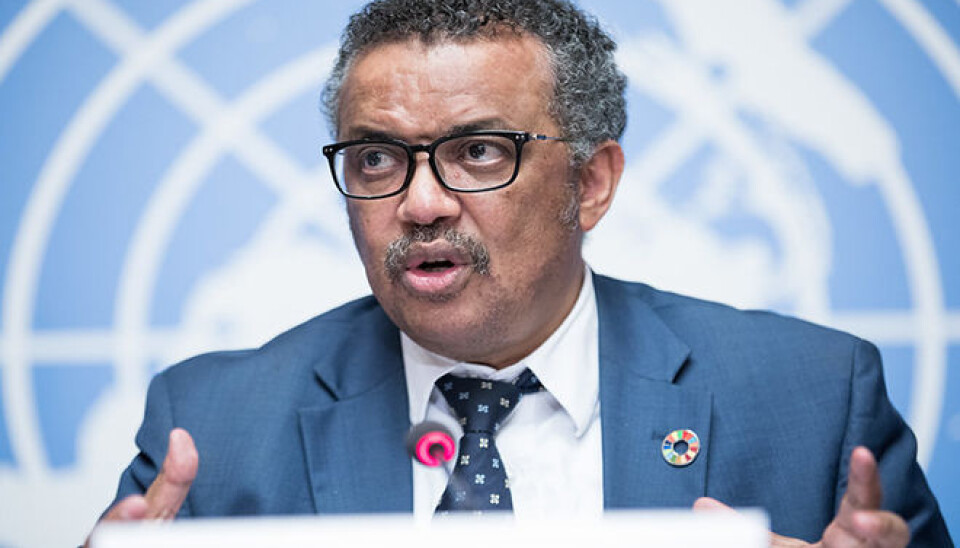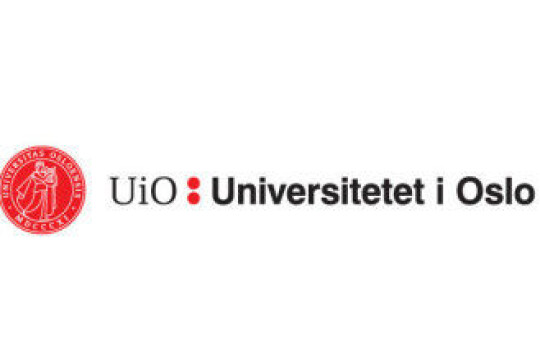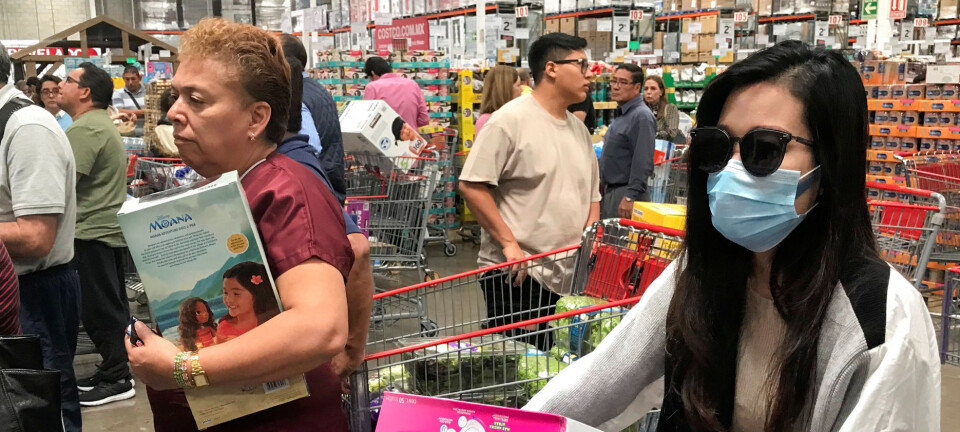This article is produced and financed by the University of Oslo - read more

The politics behind the COVID-19 responses
How much are we willing to sacrifice to protect ourselves against COVID-19? How do we battle the virus while minimizing the consequences?
Managing an epidemic requires tackling the health consequences of the outbreak, as well as its social, political, security, and economic dimensions. This implies setting priorities between various interests and goals – in short, a lot of politics.
What follows is a non-exhaustive overview of the many considerations and important questions national authorities must reflect on in their response to COVID-19.
The right balance between science and politics
Many health professionals argue for stricter social countermeasures to keep people at home. To them, saving lives should be the absolute priority and in case of doubts, a ‘no-regret’ approach should prevail. Many argue that the response should be free from so-called ‘political interference’.
However, these measures may also have negative impacts on people’s health. It may lead to an increase in domestic violence, trigger or strengthen mental health issues, or affect the capacity to provide care for other medical conditions. Further, it can increase inequalities, put people in precarious economic situations, and have many other consequences that cannot be fully anticipated in scientific models.
"These statements from health professionals tend to simplify the equation by only focusing on one issue; limiting the spread of the virus. Policymakers, however, have to take into account the side-effects of public health measures and other interests at stake," says Antoine de Bengy Puyvallée, Doctoral Research Fellow at the Centre for Development and Environment, University of Oslo. He is researching global health governance and global cooperation to manage dangerous disease outbreaks such as Ebola and COVID-19.
"Policymakers will have to reflect on how much they should emphasize the different views and side-effects in responding to the pandemic," says de Bengy Puyvallée.

Minimizing the social and economic consequences of the epidemic
Earlier this week, President Trump said that ‘we cannot let the cure be worse than the problem’, implying that there must be trade-offs made between saving lives and protecting the economy.
"A key challenge with the social and economic aspects of the response to COVID-19 is the lack of debate about enormous investments that will impact countries’ economies for the next decade," continues de Bengy Puyvallée.
The crisis provides a window of opportunity to deeply change the economy, and tough decisions will have to be made.
"Policymakers will have to consider key questions that may have profound impact on inequalities such as: which companies should be saved or led to bankruptcy? What level of protection should be granted to various groups in the population?"
Democracy and core societal values versus effective leadership
Politicians need to appear in control of the situation to avoid a panic that could be extremely damaging to society. There is an expectation of clear leadership and authority. The suspension of regular legislative procedures or the declaration of a state of emergency fits this logic.
However, societies are vulnerable in times of crises and politicians also need to respect core societal values, such as democracy for instance. These values are of course specific to different cultures.

"In Norway, the response to COVID-19 has been very much framed in terms of ‘dugnad’ or as a solidarity project. This builds on key societal values that bring people together. We also see the government trying to extend solidarity to the world by launching initiatives to help poor countries and the UN system."
However, there are also some measures challenging Norway's core values - and this provokes some reactions.
"The heated debate around the so-called "corona law" - which aims to give extended powers to the government - highlighted the sensitivity of stepping outside regular democratic procedures. Other controversial measures include the use of private data for mapping the spread of the disease, or the threat to send civil protection forces to force Norwegians staying at their holiday homes to come back to their main residence in order to protect the health services of small municipalities."
Here too it’s important for policy makers to strike the right balance.
Diplomacy: geopolitics, nationalism and global solidarity
Finally, diplomatic interests are also key in the response to COVID-19, and one more element policymakers have to take into consideration. The USA has, for instance, adopted a nationalist approach with ‘America first’, in line with the Trump diplomacy since 2016. China has used the crisis to display advantages of its own model; whilst Russia has been accused of launching a disinformation campaign to destabilize Western democracies.

The World Health Organization, on the other hand, has been trying to foster a global response based on “solidarity, solidarity, solidarity” as reiterated over and over again by its Director-General Dr. Tedros.
"This approach is critical because viruses do not stop at borders, and only global cooperation will help to fight the pandemic in an efficient manner. However, the attempt to build a global response based on solidarity has largely failed thus far. Of course, rising nationalism explains a lot in this situation, but there are also core dilemmas that politicians are confronted with when setting up a response," says de Bengy Puyvallée.
For instance, closing borders, banning exports of protective equipment, or securing exclusive rights for a new vaccine or drug may be very attractive measures for politicians: they can show that their own citizens are prioritized. Nevertheless, these measures violate the rules for pandemic cooperation that countries themselves have committed to follow, and might make other countries' responses even more challenging.
"This is most concerning, particularly in light of the precarious situation of poor countries, many of which will be dependent on global solidarity to mitigate the effects of the pandemic," reflects de Bengy Puyvallée.
Difficult choices
"To conclude, science, sound public health practice and respect for human lives must inform the response to COVID-19, but we must also acknowledge that there are other key variables equally important to take into account. Striking the right balance is incredibly difficult in an epidemic response," says de Bengy Puyvallée
Read more in a recent blogpost called "The many faces of the COVID-19 epidemic response" by Antoine de Bengy Puyvallée.

































